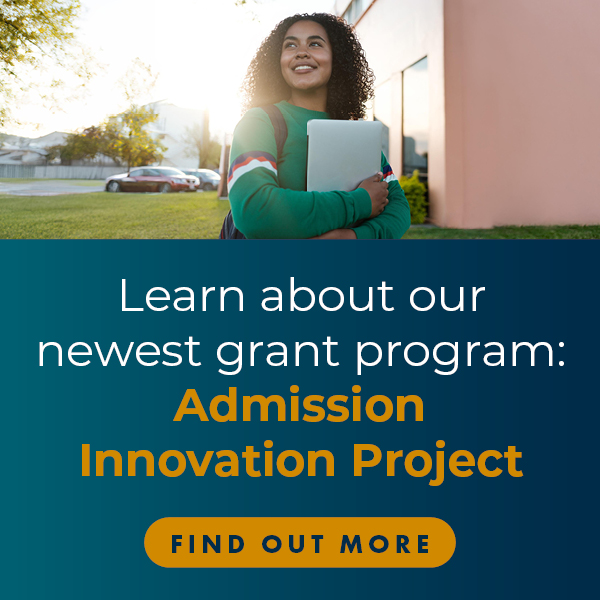Since launching our grantmaking activities in 2014, we have awarded over $26.4 million in support of our research priorities: access, affordability, and the value of legal education.
Awarded Grants
Grant Program
Grant Status
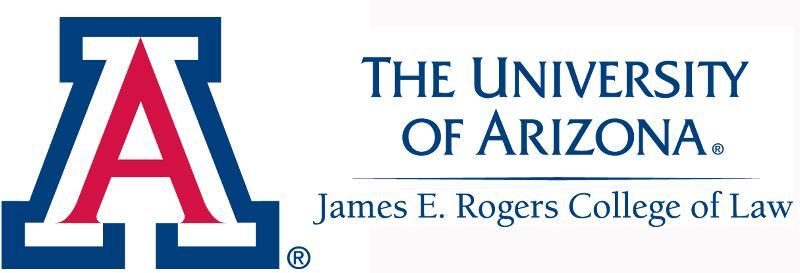
The Law College Association of the University of Arizona - James E. Rogers College of Law
JD-Next is an expanded program for the 2020 cohort and will serve two objectives: 1) to prepare diverse students for success in law school and 2) to provide a valid and reliable test for predicting law school performance. By linking these two goals together, JD-Next aims to achieve strong predictors of success without racial, ethnic, and socioeconomic biases that affect standardized tests.
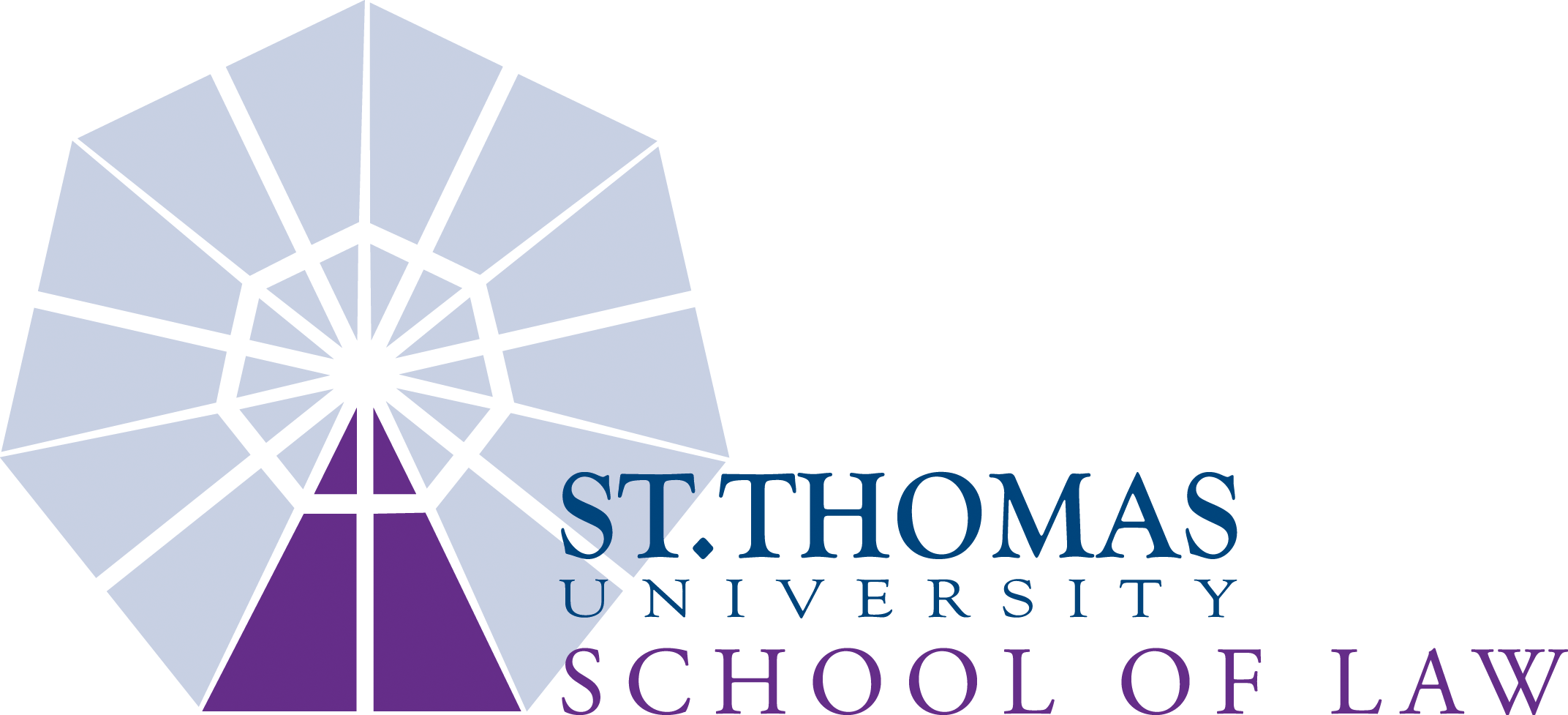
University of St. Thomas School of Law
The project is an updated version of the Survey of Law Student Well-Being that was conducted in 2014 [for a summary of the findings, read Suffering in Silence: The Survey of Law Student Well Being and the Reluctance of Law Students to Seek Help for Substance Use and Mental Health Concerns, 66 J. Leg. Educ. 116 (2016)]. The updated version of the survey would seek to learn how law student well-being has changed since 2014. The overall goal will be to determine whether there have been changes in the prevalence of substance use and mental health issues among law students and the extent to which increased attention to law student (and lawyer) well-being in the last few years has affected the willingness of law students to get help.

University of New Hampshire Franklin Pierce School of Law
The Preliminary Bar (Prelim) Tool-Kit at the University of New Hampshire (UNH) Franklin Pierce School of Law administers a miniature version of the Uniform Bar Exam (UBE) to students while they are still in school. Student results on the Prelim can then be used to inform students' personal trajectories of study and make cohort-level programming decisions to promote bar readiness, as opposed to the conventional approach where students turn to bar exam prep in earnest only after they graduate-- at which point, it is too late for the law school to be the strongest possible resource for these students.
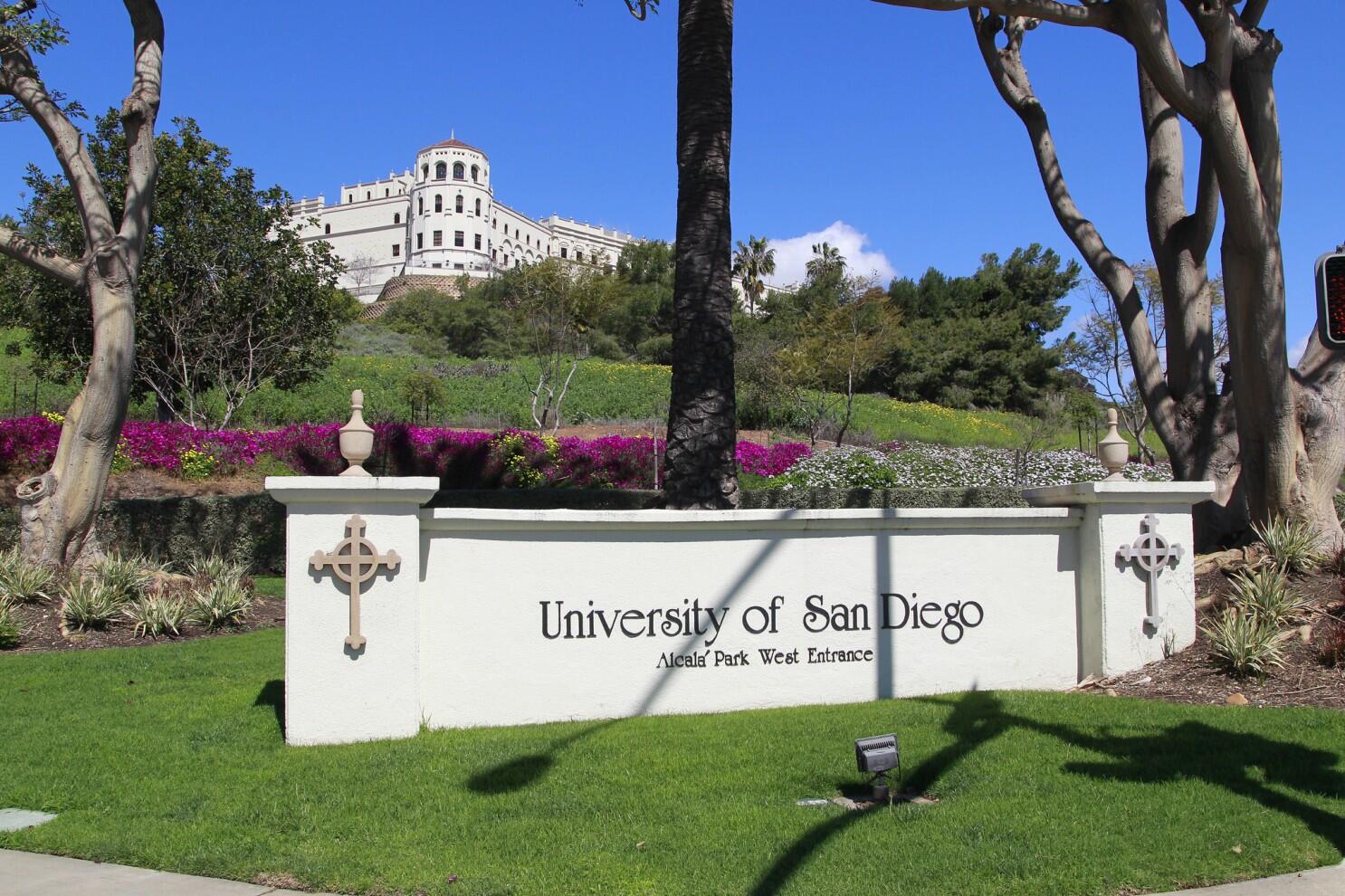
University of San Diego
The primary goal of this project is to increase access to the practice of law in California by bridging the gap between admission to law school and passing the bar exam. Phase I of the project will identify potential interventions through a combination of statistical analysis and by gaining input from stakeholders. Phase II will involve the implementation of at least two interventions identified in Phase I.
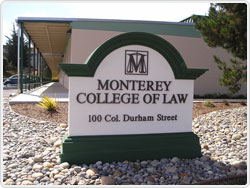
Monterey College of Law
This study will be the first of its kind to compile and analyze empirical data from regulatory agencies (state and national bar associations), industry trade groups (malpractice insurers), and other published academic and professional research. The primary objective is to inform national and state policy decisions through an empirical analysis of the relationship between a minimum bar exam passing score (“cut score”) and minimum competency, public protection, and disparate impact. This is a companion study to the AccessLex Institute supported California Attorney Practice Analysis (CAPA).
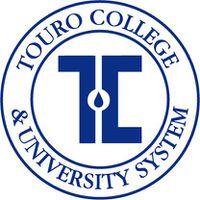
Touro College
The study seeks to explore whether remediation of reading disfluency at the law school level will have a positive impact on reading comprehension ability – particularly in “at risk” students. For purposes of this study, the definition of “at risk” students are students with weak LSAT scores. This project builds on their 2017 empirical study examining a possible link between oral reading disfluency and reading comprehension ability in first-year law students.

Elon University School of Law
The project will assess interventions aimed at improving student success and first-time bar passage through a two-phase project funded by AccessLex. The data collected and reported to AccessLex through this grant project will help determine the impact and success of interventions in overcoming barriers to student success and first-time bar exam passage.

Dillard University
The LEAD Program has identified key components to student success based upon the experiences of the 2018 and 2019 LEAD cohorts. By 2022, LEAD will have data on almost 100 predominately African American students to analyze and share with the pipeline community and the legal academy. By engaging in robust data collection, analysis, and assessment, LEAD can help to develop scalable, data driven best practices for pipeline programs around the United States.
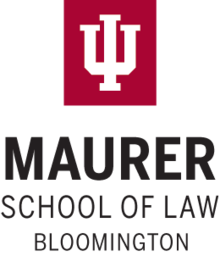
Indiana University Maurer School of Law
The project seeks to...
- Evaluate a replication on the State Bar of California’s July 2019 Bar exam of a Productive Mindset intervention that improved passage rates on its July 2018 exam.
- Examine predictors of bar passage in a data set compiled with over 7,000 takers across three years of California’s exams.
- Scale the Productive Mindset program to three new jurisdictions and examine predictors of passage in a multi-jurisdictional data set of over 10,000 takers of the July 2021 bar exam.



